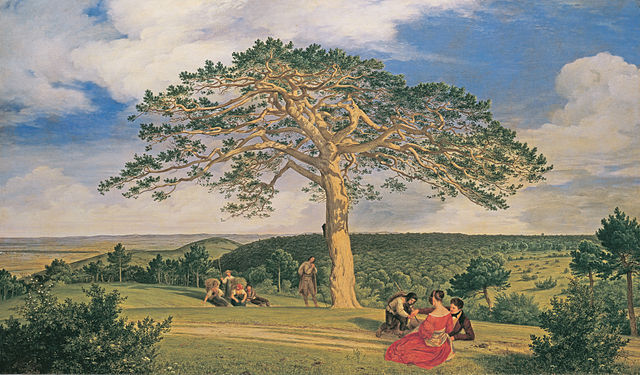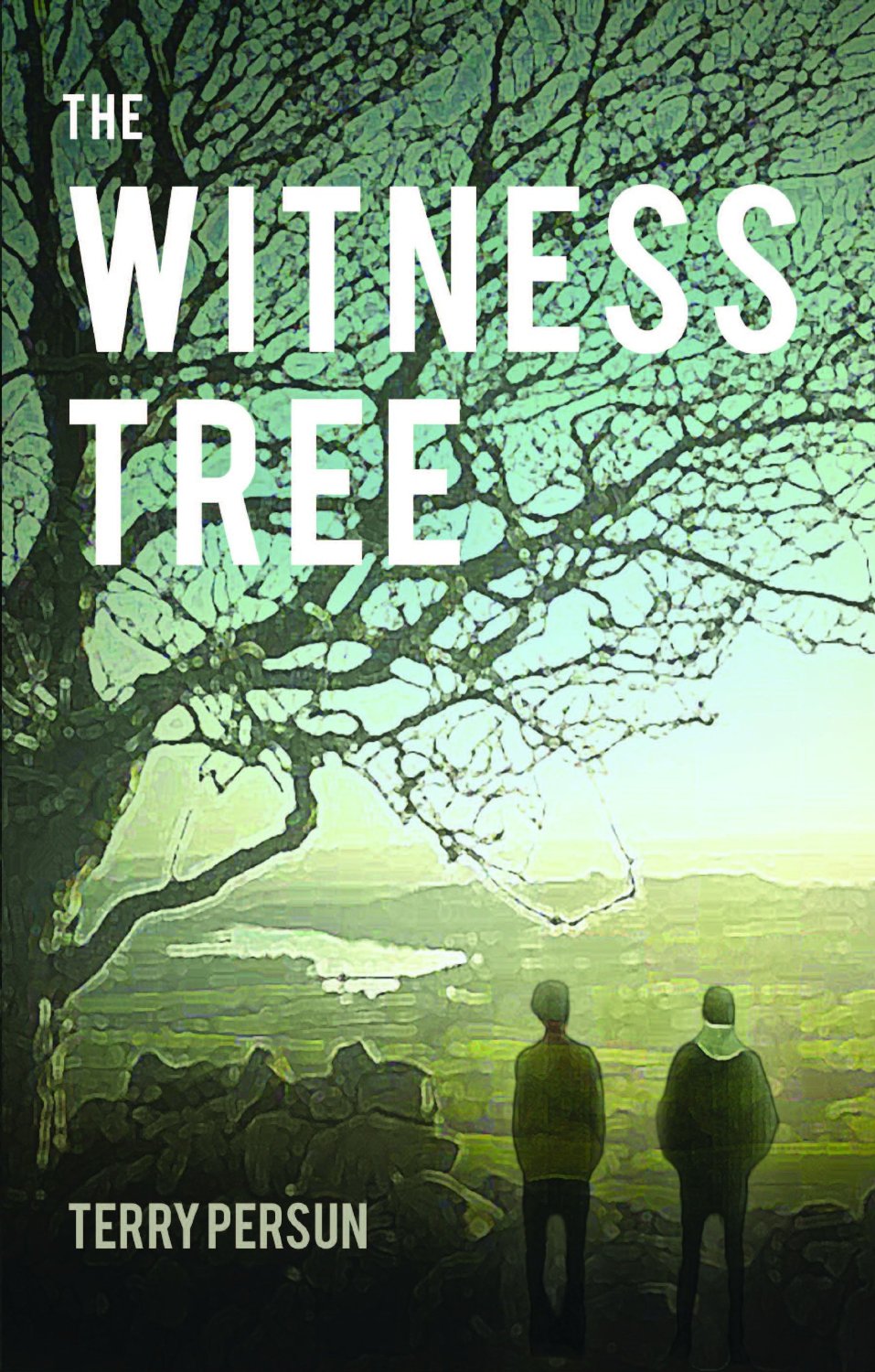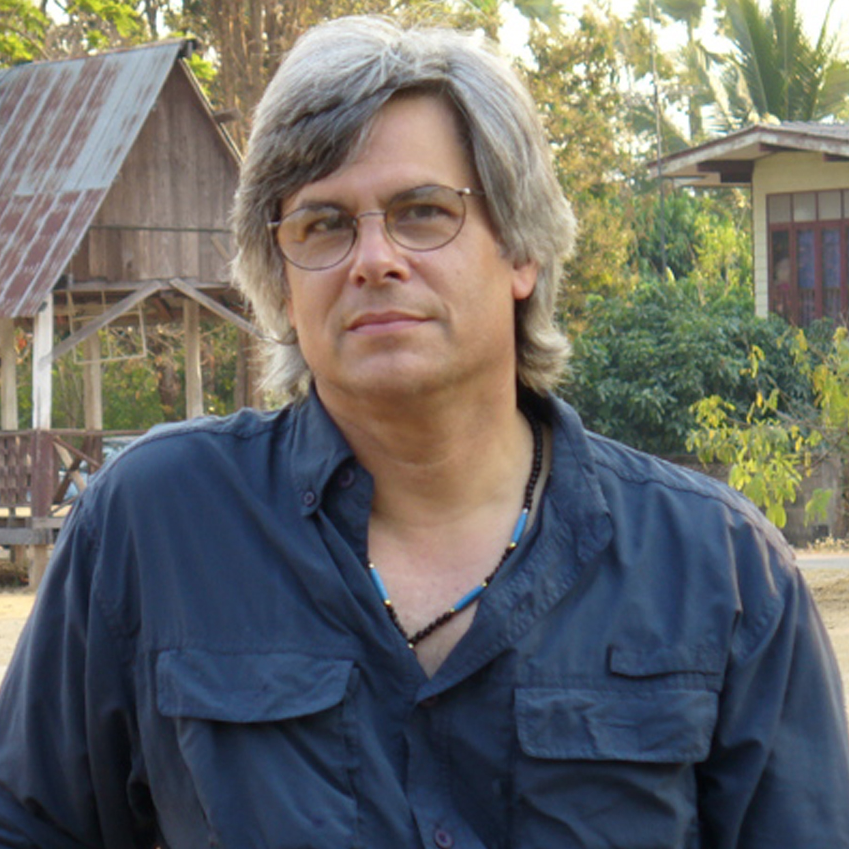Essay by Terry Persun
When a Character Shoves You Out of Bed

While I wait in the lobby of the Algonquin Hotel for the arrival of the editor of a prestigious press, I contemplate why I write fiction. It’s a coup the editor agreed to see me at all; the salt and sugar of it is that friendship rather than interest in my novels brings us together. We’re both in New York City this day, both from the West Coast—he from Colorado, I from Washington—after meeting a few years before at a writers’ conference. It’s 2008 or 2009, once upon a time.
Rather than stare into nothingness or read, I look around and memorize the paneled walls, wood trim, and patterns on the furniture. I listen to other groups of people talk about whom they know and “how awful she must feel.” I notice what each person wears, how each sits. I form an impression of them all—then begin the real work.
Names arrive, even though few have been spoken in my earshot. Bill grew up in a town outside Billings, Montana. You can tell from the cock of his head when he listens to Mary. He hardly believes a word she says, but that’s because he’s known her since childhood and is used to her fetching in details to spruce up her stories.
Harold listens intently to Mary. He doesn’t believe her, either, but wants to. His life has been so sheltered and so sure. He got a degree in chemistry, took over his father’s adhesives business, married the first girl he laid, had two children—one boy, one girl—lived happily ever after. Yes, Harold longs for another life, and if he has to be a voyeur to live it, so be it. He doesn’t have the balls to head out on his own.
I can’t remember the exact moment when these people began to occupy my head. I can’t remember back to the very first time I created a life for a person I’d met, even though I knew I was probably wrong. All I know is that now I let my mind wander freely in and out of people’s lives. I’ll see a stranger’s eye twitch and think of the time the guy was working in the steel factory and almost got his eye burned out with splatter. His body continues to react, even when standing in line at McDonalds.
I get rushed by the instant knowing of complete lives, overwhelmed by the sadness or elation. Worlds evolve and disappear. I’ve learned to accept it. More than that, I’ve learned to indulge in the larger stories, immerse myself in the place and character until I am completely lost.
 The question, then, is not why I write fiction. These days, I let characters show up on their own, talk for a while, then leave. The real question is how could I stop writing.
The question, then, is not why I write fiction. These days, I let characters show up on their own, talk for a while, then leave. The real question is how could I stop writing.
My first novel, The Witness Tree, was originally published in 1998 by a small press and written years before I met my editor friend. With it, a concept first came to mind while I drove to work: two brothers; one totally immersed in nature and, from that immersion, becoming an artist; the other growing up to be a businessman who sells his brother’s art. That was it. Other stories came along and disappeared, but that one kept returning: Oh, yes, the two brothers story, one an artist and one a businessman.
Then one day, a personality came with the story, but it didn’t belong to either brother. It wasn’t young enough. It sounded and felt old—age-old, wise. I pushed it aside, but it returned, this time with more force. The personality who kept showing up wasn’t a person at all, but a tree. How can I write the tree’s story?
This is the point where I reject every damned idea I get. There’s always something in the concept, the characters, or the plot that I think is impossible to handle—impossible for me to handle. How can I write the tree’s story? And every damned time, the thing gets bigger and bigger and begins to take over a lot of my time.
I’ve actually fallen out of bed more than once. When it’s completely dark, the entire house quiet, I wake suddenly as though someone shoved me—but there is no one in the room. No one except for the narrator of the book. Words are already pushing their way into the world, and I am the recipient.
This is where I give in. I slip on a pair of pants and a T-shirt, and I rush into my office where the paper is ready, the pens are all uncapped. I sit down and write.
The brothers, by the way, are actually twins, but I never knew that until I started writing the book. The tree is an old white oak that sits near a field. The story unfolding is still impossible to turn away from. I want to know what is going to happen. I want to know why I wasn’t told the brothers are twins. I want to know how the hell a tree can force its way into my life. I want to know a lot of answers, and I am damned well determined to get them—no matter what it takes.
Art information
- "Die breite Föhre nächst der Brühl bei Mödling" by Ludwig Ferdinand Schnorr von Carolsfeld (1838); public domain.
 Terry Persun has been writing and publishing short stories and novels since the early 1970s. His work is mainly published through small independent publishers (like Implosion Press for The Witness Tree). He has been the recipient of seven novel and poetry awards, including the Star of Washington Award, a Silver IPPY for historical fiction, and a Jeanne Voge Poetry Award. He’s been a finalist twice for the USABookNews International Book Awards (once for science fiction, once for historical fiction).
Terry Persun has been writing and publishing short stories and novels since the early 1970s. His work is mainly published through small independent publishers (like Implosion Press for The Witness Tree). He has been the recipient of seven novel and poetry awards, including the Star of Washington Award, a Silver IPPY for historical fiction, and a Jeanne Voge Poetry Award. He’s been a finalist twice for the USABookNews International Book Awards (once for science fiction, once for historical fiction).
Terry writes in a variety of genres including science fiction, thriller, mystery, and mainstream fiction. He is a respected keynoter and speaker at libraries, writers’ groups, writers’ conferences, and universities across the country. He received an MA in creative writing from SUNY Stony Brook.
